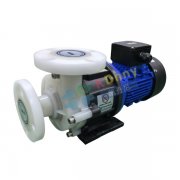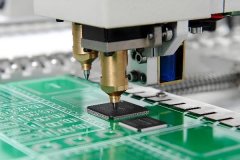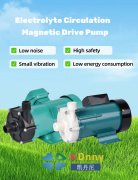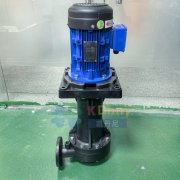Which Pump Is Best For Transporting Concentrated Sulfuric Aci
TIME:2024-10-17 Author:admin Views:
Which Pump Is Best For Transporting Concentrated Sulfuric Acid?
Concentrated sulfuric acid (H?SO4) is an extremely corrosive chemical widely used in many industries such as chemical, metallurgy, and petroleum. Due to its strong corrosiveness and high density, it is crucial to choose a suitable pump for conveying concentrated sulfuric acid. This article will explore the best pump types and characteristics for conveying concentrated sulfuric acid.1. Magnetic pump
Leak-free design: Magnetic pumps are driven by magnetic coupling and do not require mechanical seals, thus completely avoiding the problem of liquid leakage. This is especially important for conveying hazardous chemicals such as concentrated sulfuric acid.
Corrosion-resistant materials: Magnetic pumps are usually made of corrosion-resistant materials such as polyvinylidene fluoride (PVDF), polypropylene (PP), and stainless steel, and can withstand the erosion of concentrated sulfuric acid for a long time.
Low maintenance: Since there is no mechanical seal, the maintenance requirements of magnetic pumps are low and the operation is more reliable.
Scope of application: Magnetic pumps are suitable for concentrated sulfuric acid delivery occasions that require high leak-proof and corrosion resistance, especially in the chemical, pharmaceutical and other industries.
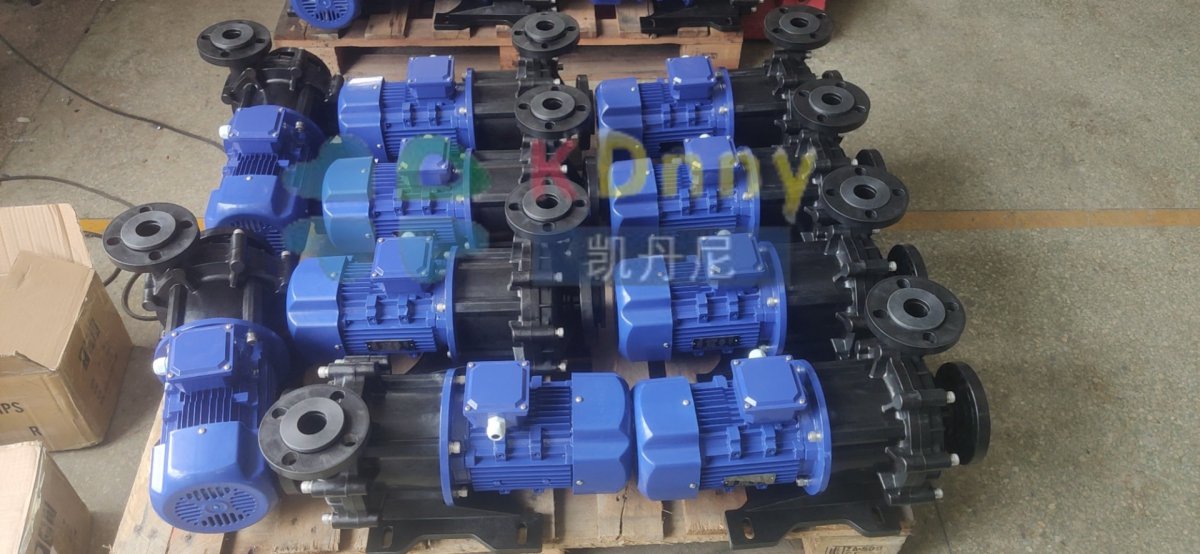
2. Fluoroplastic pump
Extremely strong corrosion resistance: Fluoroplastic (such as PTFE, FEP) has strong corrosion resistance to almost all chemicals and can withstand concentrated sulfuric acid for a long time.
High temperature resistance: Fluoroplastic pumps can work at higher temperatures and are suitable for conveying concentrated sulfuric acid with higher temperatures.
High strength: Fluoroplastic pumps have high mechanical strength while maintaining corrosion resistance and can handle high-concentration and high-density concentrated sulfuric acid.
Scope of application: Fluoroplastic pumps are widely used in industries such as chemical, pharmaceutical, and electronics that need to convey highly corrosive liquids.
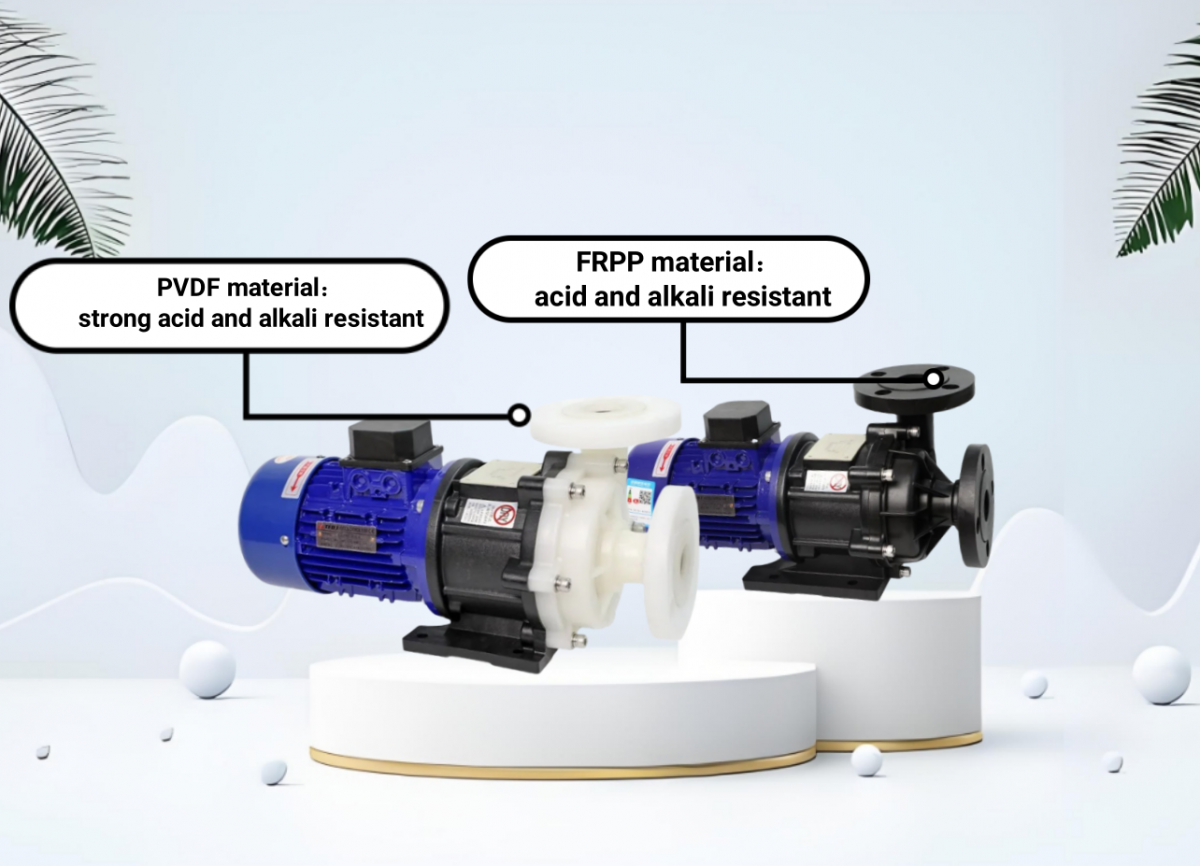
3. Self-priming pump
Strong self-priming ability: The self-priming pump does not need to be primed, and can automatically remove the gas in the pipeline, so that the pump can start quickly and maintain stable operation.
Corrosion-resistant design: The pump body and flow-through parts of the self-priming pump are usually made of corrosion-resistant materials, which are suitable for conveying concentrated sulfuric acid.
Versatility: The self-priming pump can not only convey concentrated sulfuric acid, but also handle liquids containing gas, and has strong adaptability.
Scope of application: The self-priming pump is suitable for concentrated sulfuric acid conveying occasions that require rapid start-up and handling of gas-containing liquids, such as chemical plants, wastewater treatment, etc.
4. Screw pump
Stable delivery: The conveying process of the screw pump is smooth and pulsation-free, and it is suitable for conveying concentrated sulfuric acid with high viscosity.
Wear-resistant and corrosion-resistant: The screw and bushing of the screw pump can be made of corrosion-resistant and wear-resistant materials, and have strong adaptability.
High efficiency and energy saving: The screw pump has high efficiency and energy utilization, and is suitable for continuous operation.
Scope of application: The screw pump is suitable for concentrated sulfuric acid conveying occasions that require stable delivery and high efficiency and energy saving, such as petrochemicals, food processing, etc.
Choosing a suitable pump to transport concentrated sulfuric acid requires considering factors such as the pump's corrosion resistance, sealing, self-priming ability, and operational stability. Magnetic pumps, fluoroplastic pumps, self-priming pumps, and screw pumps are all ideal choices for transporting concentrated sulfuric acid. In practical applications, the appropriate pump type should be selected according to specific working conditions and requirements to ensure the safety, efficiency, and reliability of the concentrated sulfuric acid transportation process.

